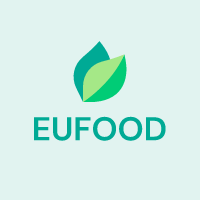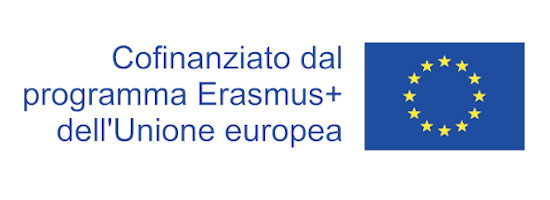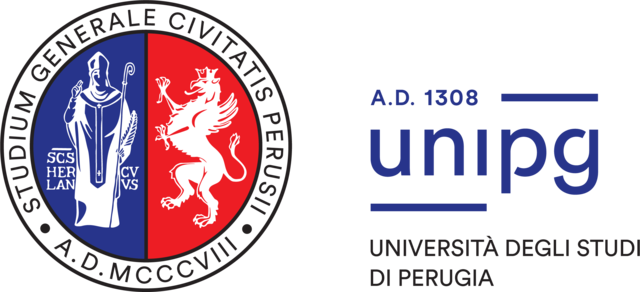 |
 |
 |
WHAT THE MODULE IS ABOUT
A Jean Monnet Module is a short teaching programme or course in the field of European Union studies at a higher education institution which entitles attending students to obtain ECTS and an Attendance Certificate. The course is taught with a multidisciplinary approach involving teachers from different disciplines, offering conceptual frameworks to understand the importance of climate change, vulnerability and adaptation and mitigation options for improved food security. Topics covered include the effect of green revolution, the right to food and the impact of climate, immigration consequences as well as risk reductions by mainstreaming national risk management policy frameworks in policies and programmes for sustainable development implemented from the EU. The course also includes some case-study and explores food and climate topics that directly affect developing countries.
SYLLABUS
I - The many dimensions of a concept of Food Security; Economic Inequality, Food Insecurity, and the Erosion of Equality of Capabilities in Europe; Feeding the World: can we feed 9 billion people? Who governs world food prices?
II - The historical approach in the Global Food Governance; the role of United Nations in Food Governance. In search of a strategic vision: is there a EU model of food security governance?: Poverty reduction impact of food aid
III - Is there a right to food? The case of Hunger-Free Latin America and the Caribbean Initiative Agriculture production and the environment: How climate change impact on food production. Shock in agricultural production: the 2007-2008 world food crisis: its origins and consequences. The consequences of the World Food Crisis in Europe: migration flows and instability in the Mena region
TEACHING METHODS
The Module promotes innovation in teaching by adopting interdisciplinary and comparative approaches as well as combining formal and non-formal learning methods and instruments. Topics include a variety of themes, from economic food security and consequences, governance of global food as well the effect and rights to the access food. This multidisciplinary approach favours permeability among disciplines by encompassing political, economic and social factors as well as comparing the foreign policy led by the EC/EU with those led by its member states. Introductory and more general lessons devoted to the EU foreign policy instruments at aiming to look for “feeding the World population” are combined with tailor-made lessons and seminars, which aim at answering students’ specific interests in the pursuit of their professional life.
Teaching includes frontal lessons as well as interactive seminars and tutorials. Formal as well as non-formal learning methods are promoted, by stimulating free debate and making large use of new technologies, such as interactive platforms and other open resources. This approach aims at actively involving students in a collaborative learning process. Scholars from Italian as well as foreign institutions (Erasmus students) are invited to take part in the Module activities.

